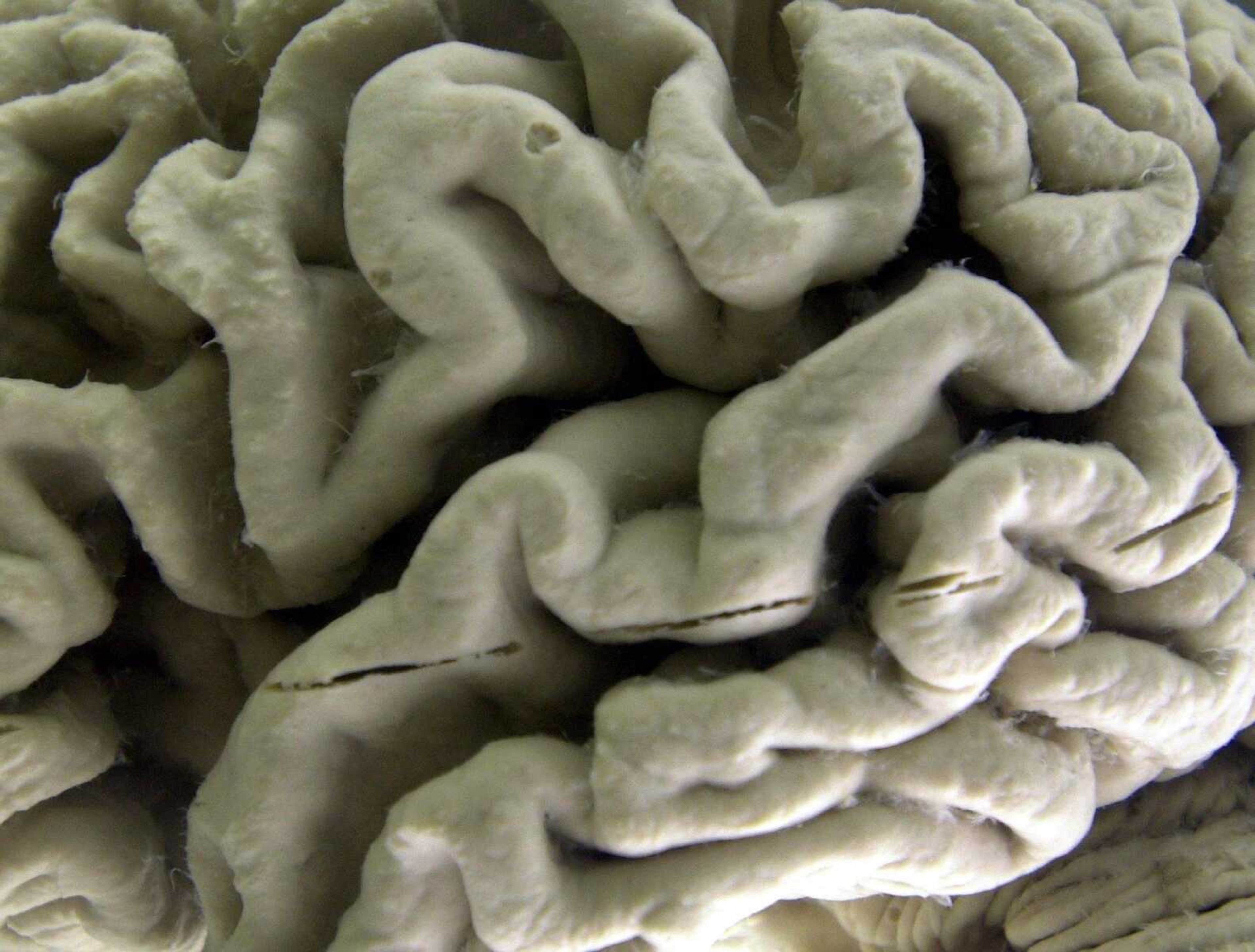Report: Lifestyle changes might guard against dementia
WASHINGTON -- Seek a good education. Control blood pressure and diabetes. Get off the couch. There are some hints, but no proof, that these and other lifestyle changes might help stave off dementia. A provocative report Thursday in the British journal Lancet raised the prospect a third of dementia cases around the world could be delayed or even prevented by avoiding key risks starting in childhood that can make the brain more vulnerable to memory loss in old age...
WASHINGTON -- Seek a good education. Control blood pressure and diabetes. Get off the couch. There are some hints, but no proof, that these and other lifestyle changes might help stave off dementia.
A provocative report Thursday in the British journal Lancet raised the prospect a third of dementia cases around the world could be delayed or even prevented by avoiding key risks starting in childhood that can make the brain more vulnerable to memory loss in old age.
A recent U.S. report was much more cautious, saying there are encouraging clues a few lifestyle changes can bolster brain health, and more research is critical.
Still, it's never too early to try, said Lancet lead author Gill Livingston, a psychiatry professor at University College London.
"Although dementia is diagnosed in later life, the brain changes usually begin to develop years before," she noted.
Early next year, a $20 million U.S. study will begin testing rigorously whether some simple day-to-day activities truly help older adults stay sharp.
"We are in a frustrating position science-wise in terms of what are our options?" said cognitive neuroscientist Laura Baker of Wake Forest School of Medicine in North Carolina, who will lead the new study to find out.
In the meantime, Alzheimer's specialists said there's little down side to following some common-sense recommendations.
Consider physical activity, crucial for heart health.
"If in fact it should also improve the prospects for cognitive function and dementia, all the better," said Dr. Richard Hodes, director of the U.S. National Institute on Aging and an avid exerciser.
"Increased health of the body supports increased health of the brain," Baker added.
A Lancet-appointed panel created a model of dementia risks throughout life that estimates about 35 percent of all dementia cases are attributable to nine risk factors -- risks people potentially could change.
Their resulting recommendations: Ensure good childhood education; avoid high blood pressure, obesity and smoking; manage diabetes, depression and age-related hearing loss; be physically active; stay socially engaged in old age.
The theory: These factors together play a role in whether your brain is resilient enough to withstand years of silent damage that eventually leads to Alzheimer's disease.
Last month, the U.S. National Academies of Sciences, Engineering and Medicine reported there's little rigorous proof.
That report found some evidence controlling blood pressure, exercise and some forms of brain training -- keeping intellectually stimulated -- might work and couldn't hurt.
Why? What's good for the heart is generally good for the brain.
In fact, high blood pressure that can trigger heart attacks and strokes also increases risk for what's called "vascular dementia."
And exercising your gray matter may bulk up the brain, whether it's from childhood education or learning a new language as an adult.
The more you learn, the more connections your brain forms, what scientists call cognitive reserve.
Some U.S. studies have suggested generations better educated than their grandparents have somewhat less risk of dementia.
Connect with the Southeast Missourian Newsroom:
For corrections to this story or other insights for the editor, click here. To submit a letter to the editor, click here. To learn about the Southeast Missourian’s AI Policy, click here.










